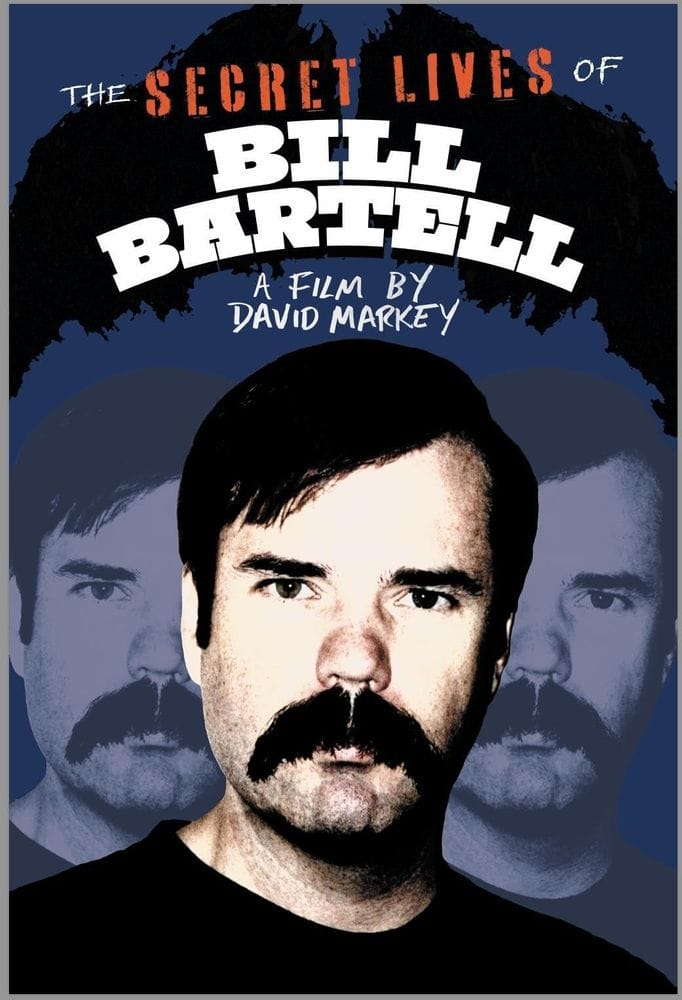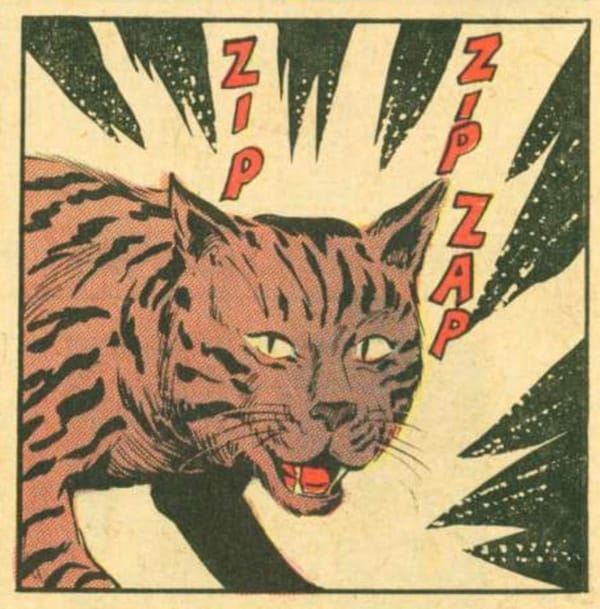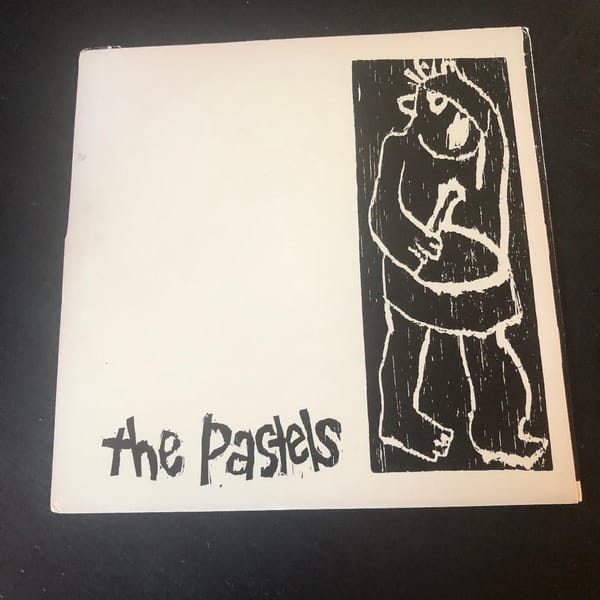THE (jaw-dropping) SECRET LIVES OF BILL BARTELL

This is not a review. It can’t be. When you’re a film critic and you become friends with a filmmaker, the best you can do is help promote their work if you think their projects are worth it. And Dave Markey, the director of The Secret Lives of Bill Bartell, is a man I’ve been lucky to know for more than 20 years. And I’ve never seen work from him that wasn’t worth it. Call this an enthusiastic endorsement.
Secret Lives – finally available soon on Blu-ray after a nearly a year of film festival screenings – is an absolute labor of love about a man who died too young, a mysterious guy named Bill Bartell who, during his life, seemed to be everywhere at once and rarely the same person twice.
If you look carefully, and know who you’re trying to find, you can see him in Penelope Spheeris’ landmark Los Angeles punk documentary The Decline of Western Civilization, though he’s never interviewed on camera. He started the band White Flag, a twist on the name and aesthetic of Black Flag. His punk name in the band: Pat Fear, tweaking Pat Smear, original member of the Germs and friend of Bartell. Already you sense a pattern taking shape.
Secret Lives skillfully mixes talking head interviews with Allison Anders, Thurston Moore, The Melvins, Redd Kross and more, with a goldmine of Los Angeles punk rock archival footage; Markey was pointing cameras at his world from an early age and caught it all, documenting along the way with films, music videos and the We Got Power! zine.
Bartell’s life goal, it seems, was to know everyone and do everything. He moved alongside Kurt Cobain, Drew Barrymore, and bands like KISS, Hole, and Sonic Youth. Through sheer evangelistic relentlessness, he got U.S. attention for bands like Shonen Knife and Os Mutantes, and over the course of his too-short life, he was a musician, a record label owner, a rodeo rider and, briefly, a cop (yes, really). He shifted shape and inserted himself into worlds that occasionally collided, but never enough so that he'd have to explain himself too much, inviting rarely-answered questions from the people he knew.
He was also gay. Of all Bartell’s identities, this seems to be the one he kept closest to the vest. From the vantage point of 2025, this might seem like a non-issue in a world full of weirdo artists and musicians. But 1979 wasn’t quite the same. The Closet can exist in the most libertine environments, even now, and the 80s punk rock version of that proved to be an effective place to hide from invasive curiosity. In fact, he used those secrets to fuel his work and his personas, not unlike The Gay Girls Riding Club of the 1960s.
The Gay Girls Riding Club was a group of gay men in the entertainment industry who made short films, usually parodies of existing movies like Whatever Happened to Baby Jane? Everything they did was predicated on their own coded language and desire to amuse each other. And from what Markey accomplishes here, laying out a tapestry of action, visual information, and testimony from dozens of people who knew Bartell, it’s not a stretch to call Bartell’s life an art practice of obfuscation and jokes, a playful inversion of everything he touched.
The concept of the "invert," a word long-used to brand queer people – we were known as sexual inverts, the wrong form of heterosexuality – Bartell delivered inversions of Black Flag, Casablanca Records (his own record label was Gasatanka), the names of every band member in White Flag’s lineup, Yoko Ono songs – including one performed, notoriously, at a Beatles tribute festival – and his own appearance, which included a big gay porn/leather Daddy/cop mustache that never took a vacation, in defiance of punk fashion. He fucked up punk by infusing it with ambient queerness right under everyone else’s nose, so to speak.
Secret Lives is a queer historical document, and Markey has created a love letter to a friend. He peels back layers of a carefully constructed persona toward the heart of a man who worked tirelessly to make an alternate life out of the one he couldn’t talk about. You’ll be shocked at how much influence Bill Bartell had on a subculture that would spread and define mainstream culture, and you’ll be equally moved by his quiet desire for something just out of his reach.



